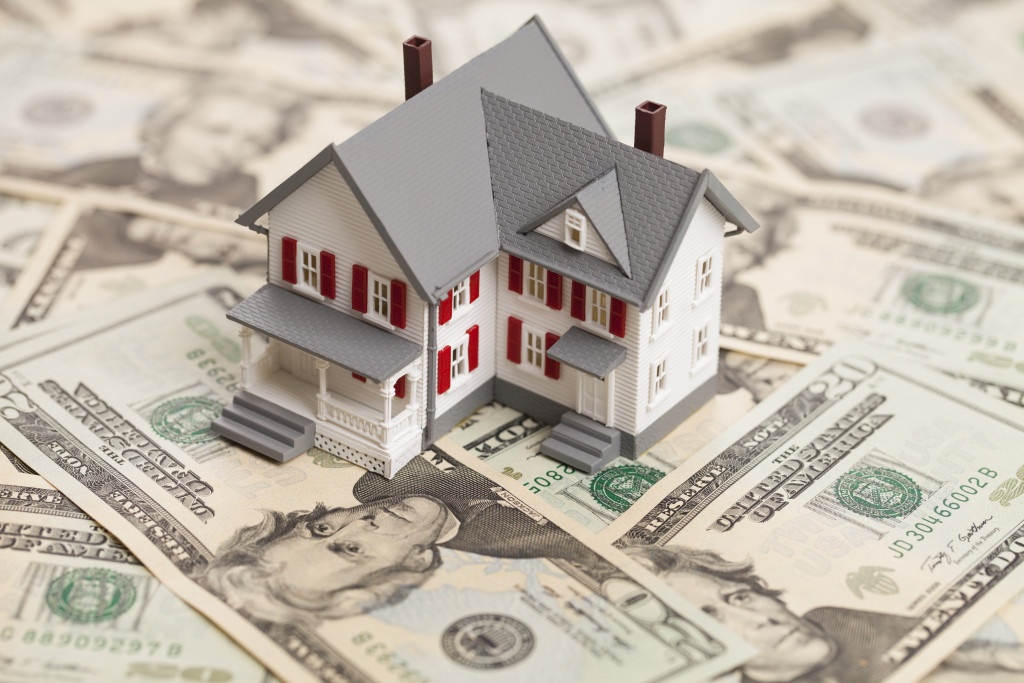Home buying can be a daunting task, but it doesn’t have to be. By following these simple tips, you can make the process go as smoothly as possible and ensure that you get the perfect home.
Do your research
The best way to make sure you get the perfect home for you is to do your research. Look into different neighborhoods, compare prices, and read up on the market conditions in your area. This will help you figure out what you can afford and give you a good idea of what to look for when you start touring homes.
Get preapproved for a mortgage
Getting preapproved for a mortgage is one of the most important things you can do when buying a home. It shows that you’re serious about purchasing a property and gives you a better idea of what you can afford. It also puts you in a stronger negotiating position when you find the home you want to buy.
To get preapproved, you’ll need to provide your lender with information about your income and assets. They will then give you a letter saying how much money they’re willing to lend you. This doesn’t mean you have to buy a home right away – it just shows that you have the financial backing in place if you find the perfect property.
Inspection
One of the most important things you can do when buying a home is to have it inspected. A professional inspector will check for any problems with the property, from leaks in the roof to cracks in the foundation. This will help you avoid any nasty surprises after closing on the home.
It’s also a good idea to get a home warranty. This will cover you for repairs or replacements of major systems in the home, like the HVAC system or the electrical system.
Determine what you can afford
When you’re looking to buy a new home, it’s important to figure out what you can afford. To do this, you’ll need to know how much money you can borrow and your monthly payments.
To find out how much money you can borrow, you’ll need to get preapproved for a mortgage. This will give you how much money the lender is willing to lend you.
Your monthly payments will depend on the mortgage rate, the amount of the loan, and the length of the loan. You can use a mortgage calculator to get an idea of your monthly payments.

Think about the future
When you’re buying a home, it’s important to think about the future. If you think you may want to sell the home in a few years, you’ll want to make sure it will be easy to do so.
You can make your home more appealing to potential buyers by making some updates and improvements. Things like painting the walls, updating the kitchen, and adding new flooring can all help make your home more marketable.
If you’re not sure if you want to sell in the future, you can still think about how easy it will be to rent out the property. This can be a good option if you’re not quite ready to sell yet.
Understand the contract
When you’re buying a home, it’s important to understand the contract. This document outlines the terms of the sale and lists all of the responsibilities of both the buyer and the seller.
It’s good to have a lawyer look over the contract before you sign it. This will help ensure that you understand everything included in the sale and that there are no surprises after closing.
Closing on the home
When you buy a home, you’ll need to go through closing on the property. When the sale is finalized, the property officially becomes yours.
To close on the home, you’ll need to pay the remaining purchase price balance, plus any closing costs. You’ll also need to get title insurance and homeowners insurance.
Closing costs can include things like the cost of transferring the title, recording fees, and appraisal fees. It’s important to know what these costs will be to budget for them.
Conclusion
The article provides a list of things to consider when buying a new home. It is important to understand your budget and what type of loan you will need before beginning the process. Some other considerations are whether or not this property will be an attractive buy for future buyers, how easy it might be to rent out if you don’t want to sell right away, and what kind of repairs or updates you may need to make before listing the home.

